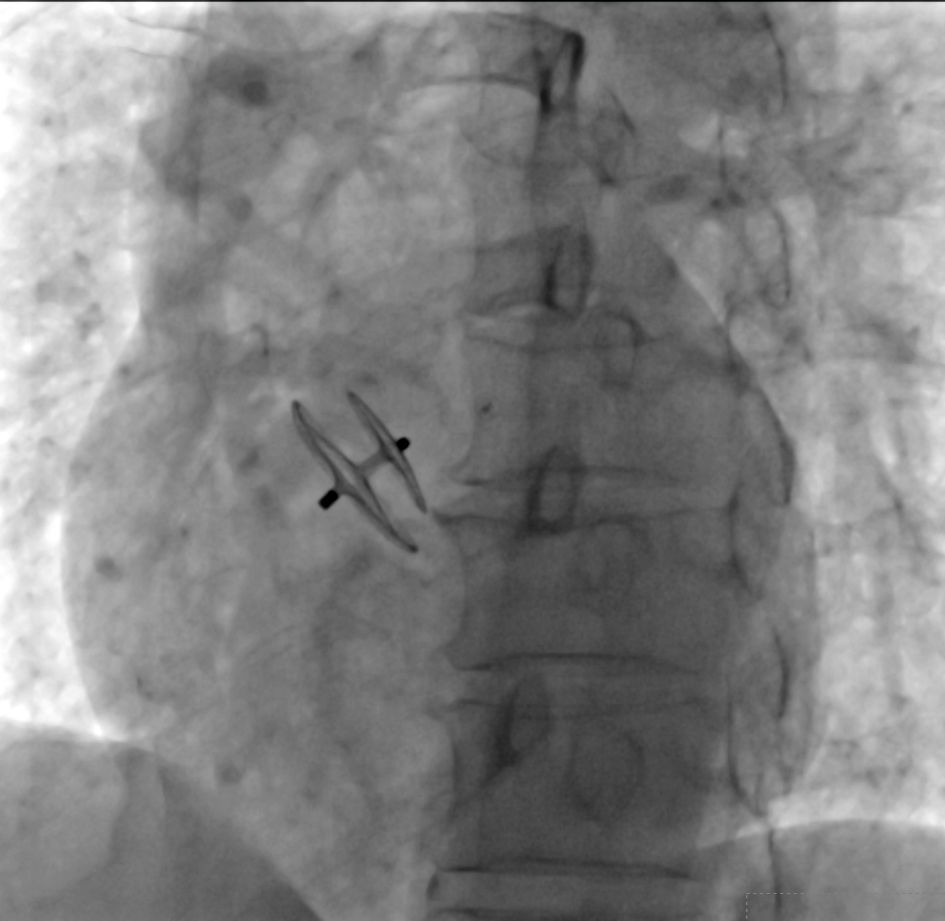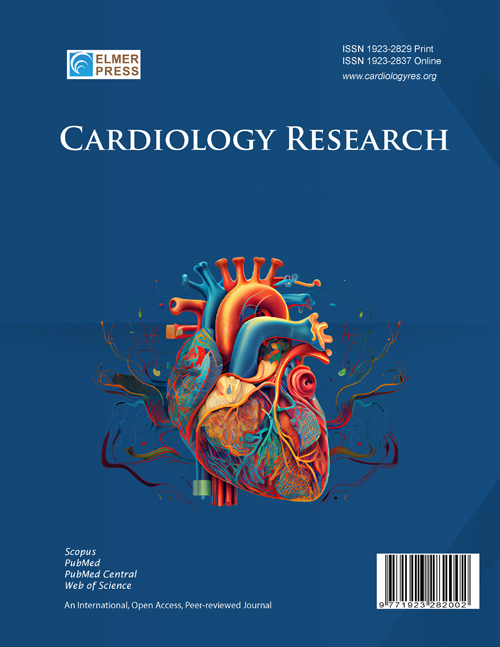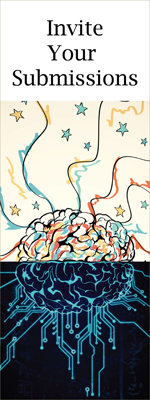Impact of Post-Procedural Atrial Arrhythmia on Long-Term Cardiac Function and Quality of Life Following Patent Foramen Ovale Closure
DOI:
https://doi.org/10.14740/cr2105Keywords:
Atrial arrhythmias, Patent foramen ovale closure, Cardiac function, Quality of lifeAbstract
Background: Patent foramen ovale (PFO) is a common remnant of the embryonic development of the heart with an underestimated potential for morbidity and mortality. This study aimed to investigate the long-term impact of atrial arrhythmia (AA), a common complication after PFO closure, on cardiac function and quality of life (QoL) through a retrospective clinical analysis.
Methods: Patients who underwent percutaneous PFO closure between January 2022 and June 2024 were retrospectively identified. All patients underwent 24-h Holter electrocardiogram (ECG) monitoring prior to the procedure to screen for baseline atrial fibrillation (AF). Cardiac function and QoL were assessed after intervention and at long-term follow-up using echocardiographic parameters and questionnaires (SF-36), respectively.
Results: A total of 215 patients were included in this study. Sinus rhythm was present in all patients at baseline, and 26% developed AA during follow-up after PFO closure. The average follow-up period was 24 ± 7.8 months. Among the 56 patients with post-procedural AA, echocardiographic analysis showed that mitral E/A significantly increased at long-term follow-up compared to the immediate post-interventional period (1.20 ± 0.24 vs. 1.29 ± 0.18, P < 0.05). No statistically significant changes were observed in echocardiographic variables other than mitral E/A. In terms of QoL, only the score for social function improved significantly at long-term follow-up (65.21 ± 6.16 vs. 67.98 ± 7.59, P < 0.05), while no significant differences were found in the other subdomains.
Conclusions: AA, the common complication of PFO closure, has no impact on the long-term cardiac function and QoL of patients.

Published
Issue
Section
License
Copyright (c) 2025 The authors

This work is licensed under a Creative Commons Attribution-NonCommercial 4.0 International License.









